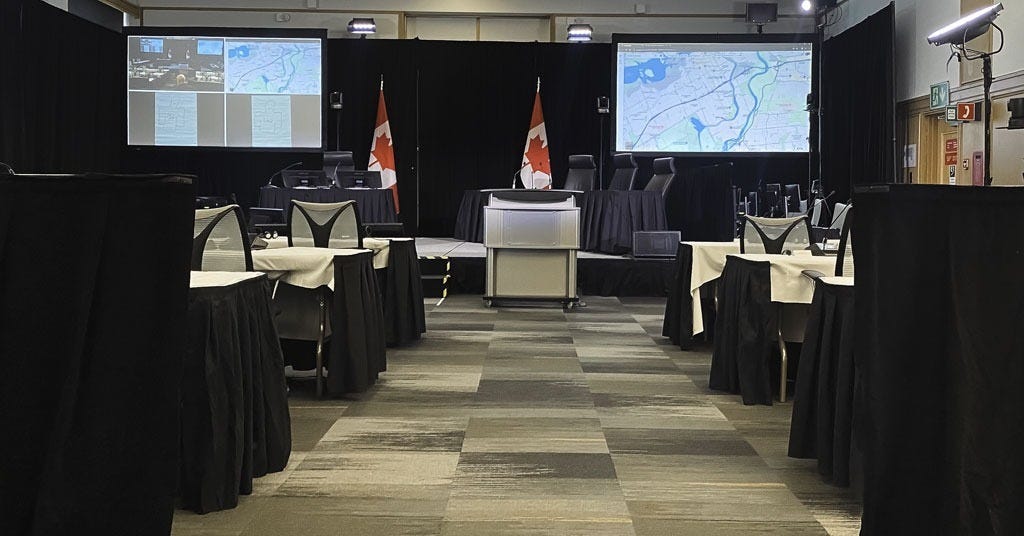"India directed foreign interference activities related to the 2019 and 2021 general elections"
Canada’s Public Inquiry Into Foreign Interference wrapped up its first phase recently where a coalition of Sikh organizations shone light on the realities of Indian foreign interference and Canada’s failures in addressing this threat. The coalition was successful in uncovering intelligence and government documents confirming clandestine Indian activities in Canada for the first time, as well as shining a light on the threat posed by Indian activities before the Commissioner.
The record demonstrates that Indian diplomats and intelligence operatives are actively engaging in clandestine conduct to ultimately influence Canadian policy makers to adopt pro-India positions, as well as criminalize and prosecute any form of Sikh political advocacy in Canada under the guise of “countering extremism”. By conflating any expression of Sikh identity and any form of political advocacy critical of India with “extremism” writ large, Indian officials continue to misuse their diplomatic resources to overtly and covertly persuade Canadian decision-makers and institutions to criminalize and marginalize Sikhs in this country.
The Commission released its initial report today which confirms that “India directed foreign interference activities related to the 2019 and 2021 general elections."
In a section titled “Who Engages in Foreign Interference?”, the Commissioner writes:
Indian officials, including Canada-based proxies, engage in a range of activities that seek to influence Canadian communities and politicians. These activities include foreign interference, which aim to align Canada's position with India's interests on key issues, particularly with respect to how the Indian government perceived Canada-based supporters of an independent Sikh homeland (Khalistan).
India's interest in Canada relates to Canada's large South Asian community. India views part of these communities as fostering an anti-India sentiment, and represents a threat to Indian stability and national security. India does not differentiate between lawful, pro-Khalistani political advocacy and the relatively small Canada-based Khalistani violent extremism. It views anyone aligned with Khalistani separatism as a seditious threat to India. Targets of Indian foreign interference are often members of the Indo-Canadian communities, but prominent non-Indo-Canadians are also subject to India's foreign influence activities. These activities may not be directed at influencing Canada's democratic institutions, but are still significant.
Indian officials in Canada have increasingly relied on Canadian and Canadian-based proxies and the contacts in their networks to conduct foreign interference. This obfuscates any explicit link between India and the foreign interference activities. Proxies liaise and work with Indian intelligence officials in India and in Canada, taking both explicit and implicit directions from them.
India directed foreign interference activities related to the 2019 and 2021 general elections.
A body of intelligence indicates that Indian proxy agents may have attempted to interfere in democratic processes, reportedly including through the clandestine provision of illicit financial support to various Canadian politicians as a means of attempting to secure the election of pro-India candidates or gaining influence over candidates who take office. In some instances, the candidate may never know their campaigns received illicit funds.
***
Readers can access the Sikh Coalition’s submissions to the Commissioner here, and access the documents uncovered by the Coalition here.


